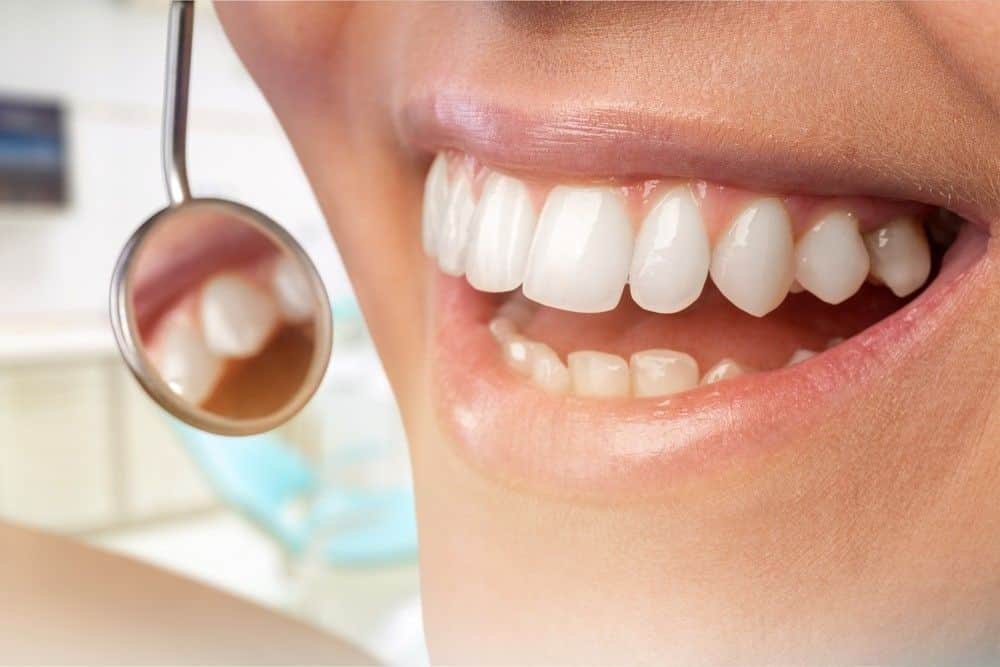Root canal treatment is a complicated procedure that usually necessitates two to three dentist appointments.
During your initial appointment, our root canal specialist will remove the contaminated pulp and any bacteria or pus that may be present. They will then clean and structure the root so that it is ready for a filling, which will prevent future infections. A temporary filling will be placed at this point, and the root canal will be allowed to heal.
You will return to our dentist’s office about a week later for your follow-up appointment. During this time, we will focus on ensuring that the infection has been removed entirely and that your tooth is ready for a permanent filling.
We may also advise you to get a dental crown for the affected tooth. This is because teeth that have had root canal treatment become relatively weak and more fragile so that a crown can provide added strength toward cracks and chips.
AFTER ROOT CANAL TREATMENT
Your mouth may indeed be swollen for a few days after your root canal. During this time, consider limiting your diet to soft foods, refrain from smoking, and abstain from alcohol.
Following the completion of your root canal treatment, you will be able to care for your tooth by implementing a comprehensive dental healthcare plan that includes brushing twice a day, routine flossing, and the use of mouthwash.
In the past, a tooth that had already received root canal treatment would every once in a while stain. This is no longer common, but if you notice any discoloration, do not hesitate to contact us, and we will be able to guide you with a few different treatment options that will help lighten your tooth back to its natural color.


